-
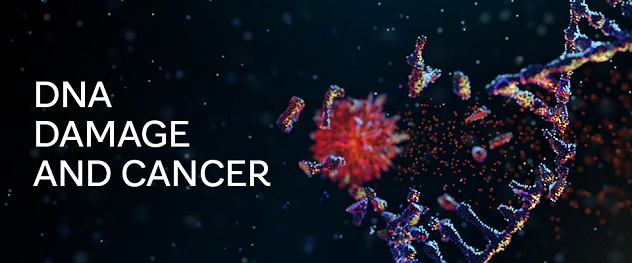
DNA damage in cancer
The Genome Maintenance and Chromatin Plasticity in Cancer Lab studies how DNA damage brought about by different causes, including replication stress, contributes to cancer progression.
-
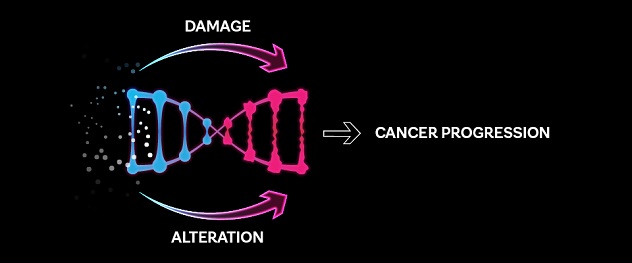
Genetic aberrations and cancer progression
Dr. Panday's lab researches how genetic alterations caused by error-prone repair pathways lead to genome instability, a hallmark of cancer.
-
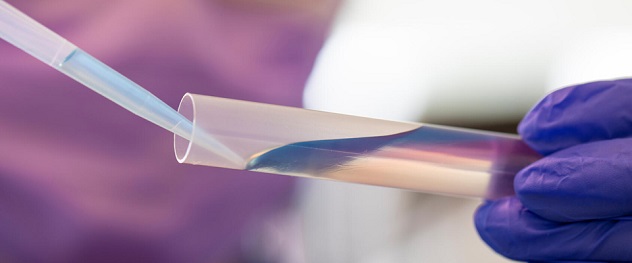
Discovering new pathways of cancer progression and treatment
The Panday Lab uses interdisciplinary approaches to study the replication stress response and associated chromatin dynamics and identify new targets for cancer therapy.
-
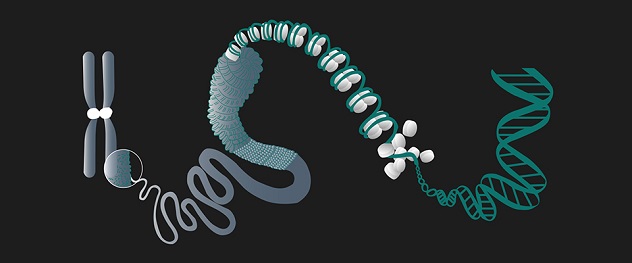
DNA packaging impacts repair outcomes
Dr. Panday's lab investigates how chromatin structure and packaging regulate DNA double-strand breaks and stalled fork repair pathways.
-
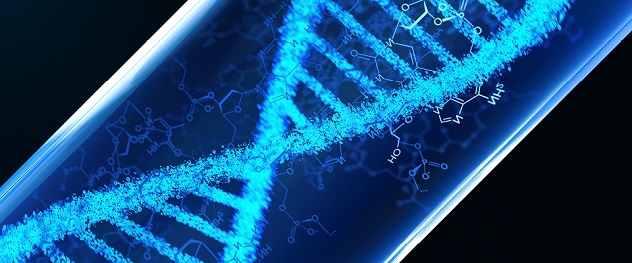
Genetic interactions in cancer progression and therapy
Dr. Panday's lab studies how various types of genetic interactions contribute to the quality and quantity of repair outcomes and cell viability. A current area of focus is the mechanism of synthetic lethality and its application in developing targeted anti-cancer therapies.
Overview
Genomic instability is a hallmark of cancer cells and a recognized driver of tumor formation. The Genome Maintenance and Chromatin Plasticity in Cancer Laboratory at Mayo Clinic, led by Arvind Panday, Ph.D., studies the precise functions of DNA repair on a molecular level. The lab investigates how DNA replication stress and poor regulation during DNA repair affect cancer progression. Examples of replication stresses include DNA lesions, nucleotide imbalance and secondary DNA structure that block the progression of replication forks. When these stresses cause a pause in replication, replication fork stalling occurs.
DNA replication is carried out by an intricate molecular system called the replisome, and occurs in the context of chromatin. To efficiently repair the stressed replisome, it is critical that the recombination and repair factor have access to freshly created chromatin. Stressed replisome may send signals to nearby nucleosome-containing chromatin telling it to change its shape to efficiently overcome replication stress.
The Panday Lab studies how chromatin dynamics regulate the signals associated with replication stress. The lab also studies how problems in this signaling process can affect stressed replisome response, repair outcomes and cancer progression.
Dr. Panday's research team is working to better understand how DNA replication stress and problems during the repair of stalled replication forks can cause genomic instability and the formation of tumors. The lab uses approaches such as genetics, biochemistry and cell biology to study replication stress-associated DNA. The team also investigates chromatin-based signaling and repair pathway choices at the stalled replication forks. With this research, the lab aims to identify new targets for cancer therapy.
Researchers in the Panday Lab use interdisciplinary approaches and different types of experimental models, including mouse embryonic stem cells, human cancer cell lines and patient-derived tissue samples, to answer questions related to genomic stability and cancer biology.
Affiliations
Dr. Panday's lab is affiliated with these Mayo Clinic research groups: